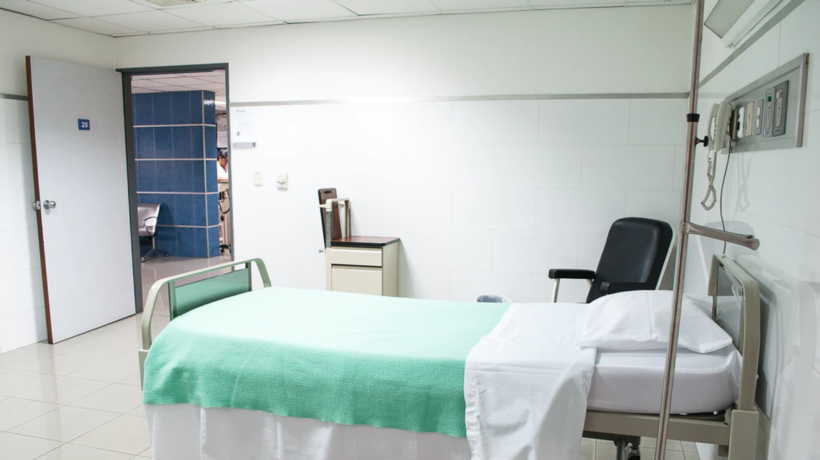As the coronavirus wages on around the globe, South Africa is now reaching the peak of the pandemic after reporting the first case four months ago on 5 March.
But with rising cases comes with it an increasing shortage of healthcare equipment and facilities. While officials tried extensively to prepare for and contain the virus – through initiatives such as field hospitals and mobile testing units – many countries, including South Africa and the US, are facing the inevitable reality of healthcare systems at capacity.
In a parliamentary address yesterday, Wednesday 8 July, Minister of Health Zweli Mkhize said that bed capacity in the country’s hospitals is expected to be breached in the next four weeks, as the country battles to contain the spread of the virus.
He said that although the current projections had shown that fewer Covid-19 patients would need hospitalisation, the country’s bed capacity for those in need would be insufficient.
On Tuesday, the country had recorded over 215 000 cases and 3 502 deaths, while approximately 102 299 recoveries were recorded.
The hardest hit provinces in case numbers, specifically Gauteng and the Eastern Cape, may be unable to meet the demand of ICU or non-ICU cases.
“Currently planned hospital beds in the Eastern Cape and Gauteng are projected to be insufficient for combined non-ICU bed demand and the overflow from ICU once ICU capacity has been breached. Bed capacity, including all currently committed public and private sector beds, is expected to be breached in the next four weeks.
“The Department of Health has developed and is implementing the Surge Strategy in anticipation of the peak. This will ensure that the department increases capacity for Covid-19,” Mkhize said.
He said the Department of Health has been able to re-purpose 27 467 beds, increasing bed capacity to 40 309.
There are also various field hospitals that have been built across the country which could help add additional bed capacity.
“The department has built several field hospitals, which will primarily be used for admission of mild cases. The Western Cape has completed constructing three field hospitals which are functional. Gauteng (Nasrec), KwaZulu-Natal (Pietermaritzburg) and Eastern Cape (Port Elizabeth, VW) each have one field hospital which are also operational,” he said.
On the treatment of Covid-19 patients, Mkhize said the Health Department was working with the Department of Trade and Industry to manufacture air pressure devices, while an audit was being conducted with the help of National Treasury on the country’s oxygen capacity.
“The Department of Health is working with the Department of Trade and Industry and Competition to manufacture Continuous Positive Air Pressure devices called CPAP, for short. Through this arrangement, the Department of Trade, industry and Competition has mandated the SA Radio Astronomy Observatory to manage the national effort required for the local design, development, production and procurement of these respiratory ventilators to support the government’s response. These are being procured on top of the 1 000 ventilators generously donated by the US government,” he said.
“The department is working with the National Treasury and partners to conduct an audit of the oxygen reticulation infrastructure in all our hospitals. These audits are being conducted with a priority focus on the Eastern Cape, KwaZulu-Natal and Gauteng.”
“The outcome of these audits will give us a sense of the amount of work that needs to be done to address the gaps that undermine the expanded supply of oxygen to patients.”







